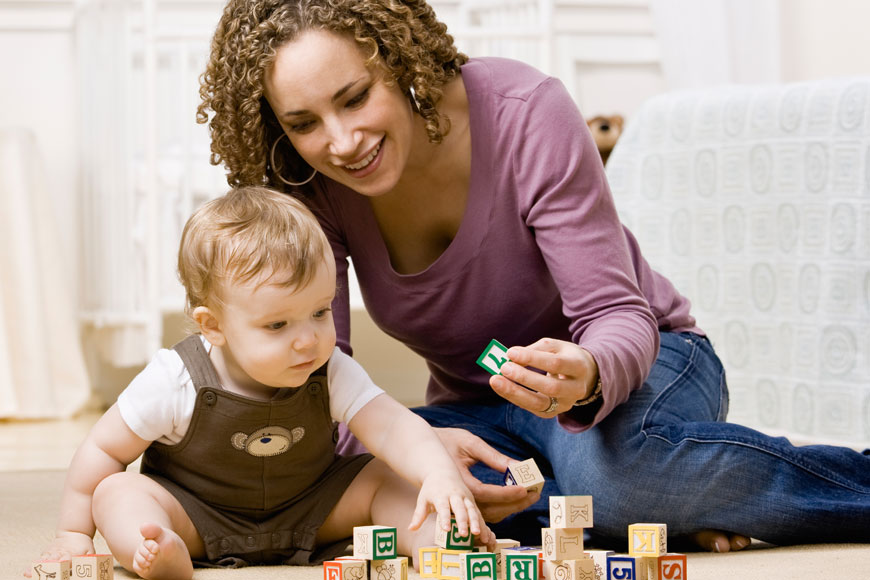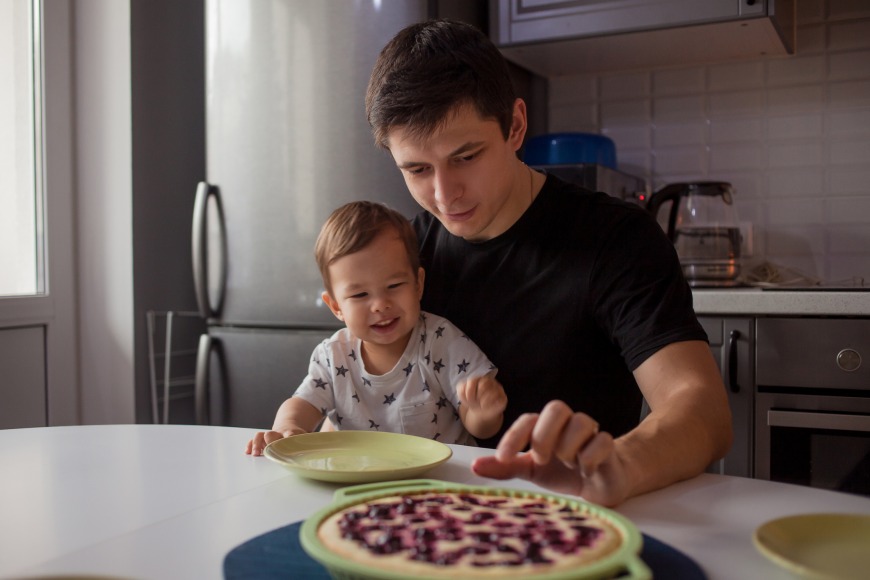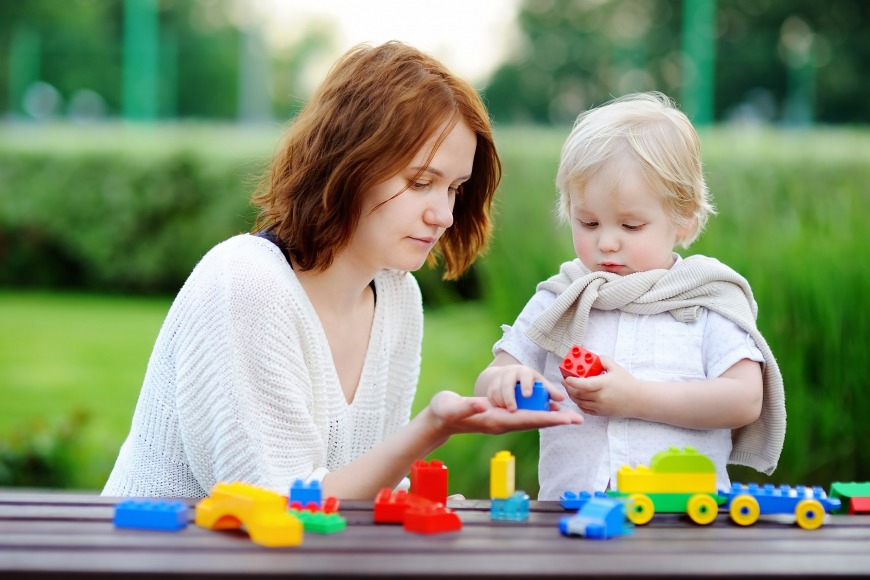5 Ways to Help Children Learn Through Play
Play is a vital part of child development – and it’s fun for parents too.
7 May 2019
Maebelle

All Credits: PA
Parenting isn’t just about looking after your kids – it’s about having fun and playing too. And through that play, babies, tots and youngsters can learn crucial life lessons.
Through smiling, singing, modelling, imitation and games, for example, young children can learn about social interaction. Even simply playing with common household items – like cups, empty containers and pans – they’ll be learning about objects’ feel and quality, and what can be done with them.
SEE ALSO: 3 Simple Steps To Get Your Child Listen To You
Learning a range of socioemotional and cognitive skills, including self-regulation and language, is also an important part of child development – and this can be practiced through early interactions with others, including parent-child play.
Evidence also shows that secure attachment and bonding with a parent, which often occurs during parent-child play, is important for a child’s emotional wellbeing, including stress and anxiety reduction.
“Research has firmly established that the early years are a critical stage of child development, during which there’s a huge opportunity to shape a child’s growth and learning potential,” says Sarah Bouchie, head of the Learning Through Play in Early Childhood programme at The LEGO Foundation. “As children’s first playmates and teachers, parents have the chance to give them a head-start on learning through play that will last beyond their earliest years.”
And parents overwhelmingly want to get stuck in and play. Recent data collected from almost 13,000 mums and dads for the LEGO Play Well report found 89% say they enjoy playtime as much as their child does, 94% think play helps them get to know their child better, and 91% also believe play time is good for their own wellbeing.
Good news – being a playful parent really doesn’t need a lot of time or toys. Quality play moments can happen during everyday routines, such as cooking, feeding, bath-time and bedtime, using readily available materials such as tissue paper and cardboard, which can be used as toys.
After some ideas? After studying research and parent-child experiences, the LEGO Foundation teamed up with play experts – they suggest playful parenting (particularly for children from birth to three years of age) should involve one or more of the following five characteristics…
1. Joyful play

It couldn’t be simpler. Parents can make eye-contact with their baby during play to communicate the joy of interaction, by smiling extra-wide and laughing, as well as using gestures such as clapping and high-fiving when a young child completes a tricky task. Young infants especially are greatly entertained by unexpected events during play, so a parent can provide joyful play by building excitement during peek-a-boo or a simple jack-in-the-box game.
3. Social interaction
While parents can play alongside their child, it’s likely that deeper learning comes from socially-interactive parent-child play. This means that during pretend play, for example, parents can take on a character that must negotiate, plan, and work together with their child’s character to accomplish something. This kind of teamwork during play feels socially-interactive and is an ideal time to discuss feelings and practice reasoning.

4. Meaningful play
Early parent-child play allows children to make sense of their world, by pointing to things in the environment and expressing what they are. During pretend play, for example, a parent can model how to use a toy telephone. Young children and infants are likely to imitate this behaviour within their own play, serving as practice for real-life.
- Tags:
- family
- children
- Tips & Advice
- parenting

























.png?itok=SvZPqMHH)




.png?itok=uB2ieOR7)












